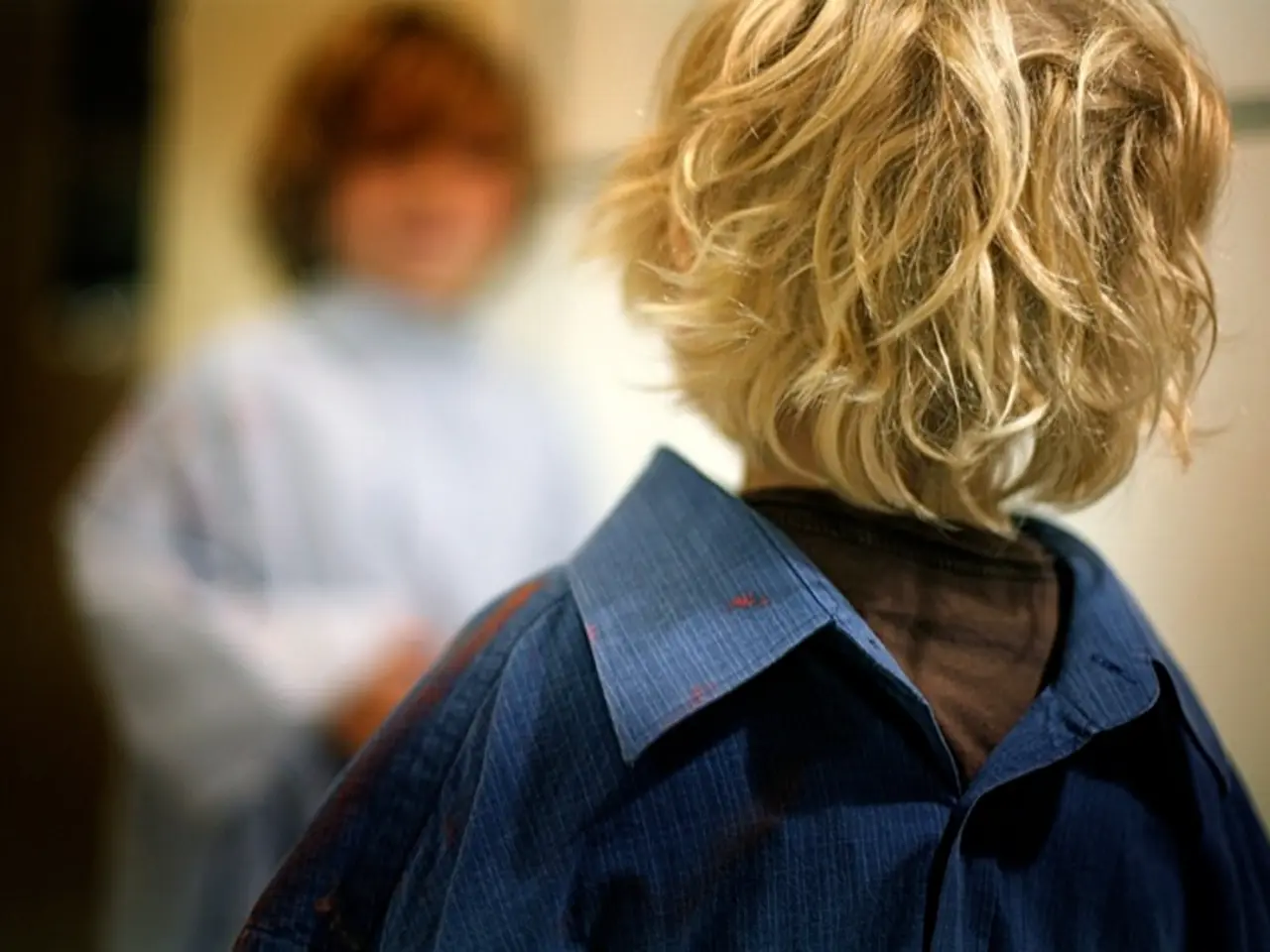Strengthening Unique Relationships: Nurturing Twin Bonds
Fostering Individuality Strengthens Twin Relationships
Twin bonding, a unique and profound relationship that begins from conception, is characterized by an intense closeness and understanding. However, nurturing this special connection requires a delicate balance between encouraging shared experiences, promoting individuality, and supporting independence.
One crucial aspect of fostering a strong twin bond is encouraging separate friendships and interests. By doing so, twins can avoid feeling like just "the twin" and support their personal identity and self-esteem. This individual growth enables each twin to bring distinct experiences and perspectives into their relationship, enriching their connection and preventing unhealthy dependency.
Sharing milestones, such as learning to walk, speak, or ride a bike, contributes to the development of a strong emotional connection between twins. Participating in team sports, group projects, or family games can also strengthen the connection and sense of unity between twins, promoting cooperation and mutual support.
Effective communication and conflict resolution skills are essential for twins to navigate disagreements in a healthy way. Creating traditions for twins to follow can be a meaningful way to strengthen their bond and develop a sense of belonging and shared identity.
Comparisons and competition can strain the twin relationship, so it's essential to encourage individuality and celebrate their differences. Understanding the factors that influence twin bonding can help us appreciate and nurture this extraordinary relationship.
Facilitating shared responsibilities in the family dynamic contributes to twin bonding by teaching them the importance of collaboration and teamwork. Celebrating individual achievements is also essential in creating a sense of pride and accomplishment for each twin.
Providing individual attention to each twin is crucial in fostering a unique connection with each child. This approach helps each twin develop their unique identity, interests, and friendships, which in turn strengthens their bond by creating mutual respect and a deeper understanding of one another.
In conclusion, respecting individuality within twin relationships creates a positive feedback loop: as each twin grows personally, their bond deepens through genuine appreciation and unconditional support, leading to strengthened emotional intimacy while honoring their unique selves. By fostering a strong bond between twins, we can nurture a healthy and fulfilling relationship that lasts a lifetime.
- Encouraging separate friendships and interests for twins supports their personal identity and self-esteem, allowing each twin to bring distinct experiences and perspectives into their relationship.
- Sharing milestones, such as learning to walk, speak, or ride a bike, and participating in team sports, group projects, or family games can strengthen the connection and sense of unity between twins.
- Effective communication and conflict resolution skills are essential for twins to navigate disagreements in a healthy way and create traditions for twins to follow can be a meaningful way to strengthen their bond.
- Comparisons and competition can strain the twin relationship, so it's essential to encourage individuality and celebrate their differences while understanding the factors that influence twin bonding can help us appreciate and nurture this extraordinary relationship.
- Facilitating shared responsibilities and celebrating individual achievements in the family dynamic contributes to twin bonding by teaching them the importance of collaboration, teamwork, and creating a sense of pride and accomplishment for each twin.
- Providing individual attention to each twin is crucial in fostering a unique connection with each child by helping them develop their unique identity, interests, and friendships, which in turn strengthens their bond through mutual respect and a deeper understanding of one another.
- Nurturing twin bonding requires a delicate balance between encouraging shared experiences, promoting individuality, supporting independence, and upholding the importance of health-and-wellness, parenting, family lifestyle, and science in the overall development of kids.




